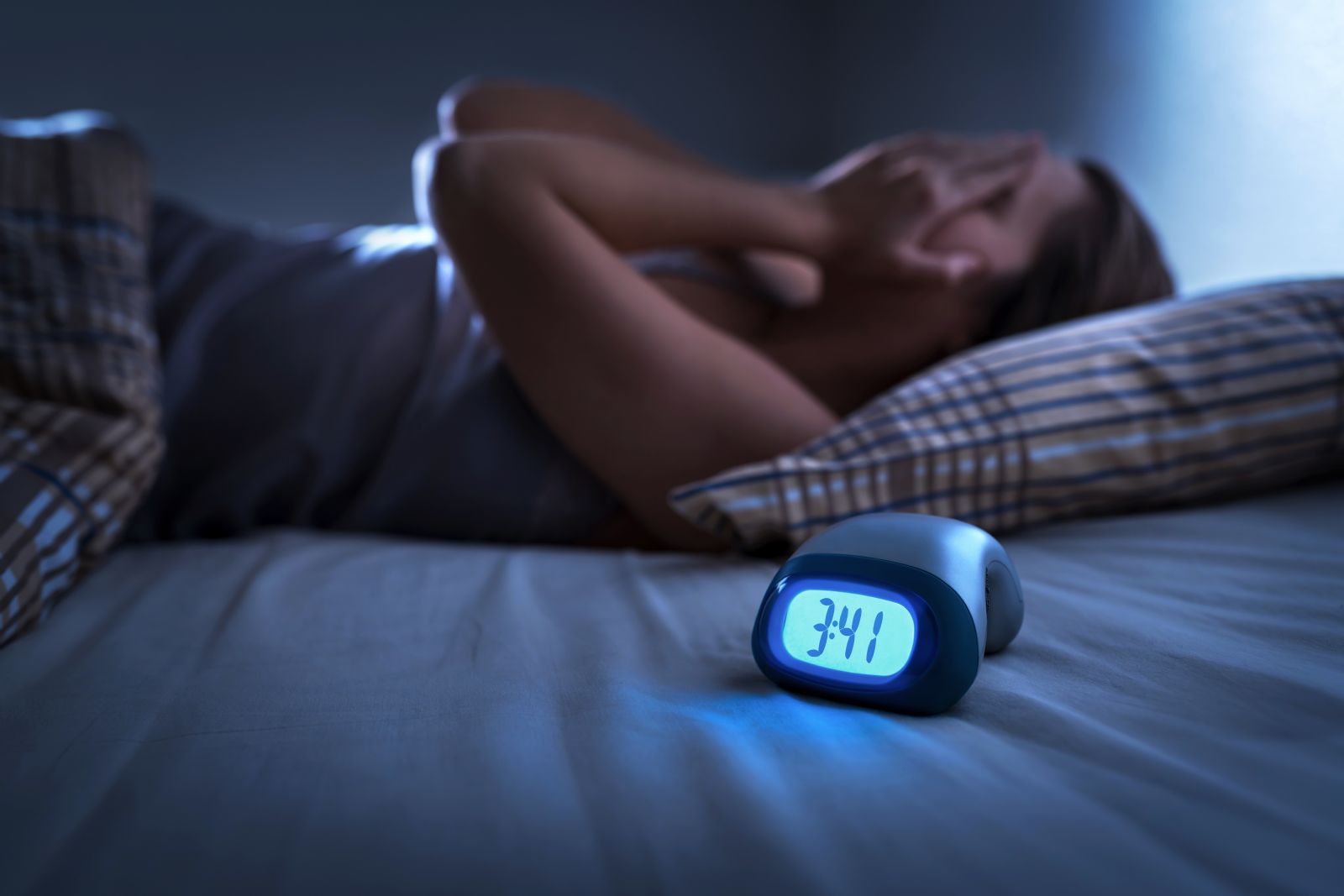You’re about to walk the dog and check the weather app to know which coat to grab. Noticing a text from a friend, you respond and spend a few minutes texting with her. Instinctively, you open Instagram to check out your
When you finally do settle down at the office, you find it impossible to stay focused. Your mind keeps drifting, colleagues stop by and phone
Sound familiar? A variation of this theme occurs every day, all day, for most people. Many people start each day with the best intentions to manage our time wisely. Then, constant interruptions and distractions derail our plan.
With the constant bombardment of cell phones ringing, text messages chiming and notifications pinging, the noise of everyday life is deafening. It is a wonder we ever get anything accomplished.
Welcome to the distraction epidemic! Some will argue that this phenomenon is on par and equally as dangerous as the obesity epidemic. If this feels like an exaggeration, know that distracted driving claimed more than 3,000 lives in 2017.
Google receives 111 searches per month for the term "time management." Clearly, staying focused and on-track is becoming increasingly challenging for all of us. The way we live our lives is stressful and exhausting. It's not uncommon to think, if we could only manage our time better, life would be easier.
The Distraction Hall of Shame
One of the major culprits of the distraction epidemic is technology. Not only does technology allow us to be accessible 24/7 (thereby severely challenging our work-life balance), but it's also a source of constant interruption. The urge to constantly respond and interact can leave us feeling like there aren't enough hours in the day. The result? A society of exhausted, overwhelmed, overweight, out-of-shape, burnt-out individuals.
When the reward center in our brains light up in response to a cell phone ring, an email ping or a social media notification, our instinct is to shift our attention—no matter how important the task at hand might be. This includes anything from exercising or researching for a work project to listening to a friend share stories from their vacation or even sleeping.
Chronic frenzy is becoming the new norm. As daily stress mounts, so do harmful stress hormones in our bodies. Elevated cortisol levels can contribute to many major illnesses impacted by lifestyle habits, including diabetes, heart disease, high blood pressure and even some cancers. At the end of the day, the distraction epidemic could be responsible for the deterioration of some of our most important personal relationships, overall health and sleep patterns.
How Do We Survive?
The first step is deciding that your health and well-being are your single most important asset. Then you can begin protecting it by making small changes to the way you live your life.
- Choose small pockets of time and create a "no devices allowed" rule. Start with mealtime.
- Sign up for an exercise class that prohibits cell phones in the studio, or leave your phone in your gym locker while working out.
- Unless using it for GPS, keep your cell phone in your purse or briefcase while driving.
- Power down all devices one hour before bedtime.
- Retrain your brain to focus. Shut down email, calendar notifications and keep your cell in another room while working. Start with fifteen minutes and build up until you can easily work for an hour uninterrupted.
- Play games or engage in hobbies that stimulate the parts of the brain responsible for focus. Puzzles, journaling, coloring or painting are all great options.
- When stuck in a line, rather than reaching for your phone, daydream, skim the magazines at the checkout or strike up a conversation with the individual behind you.
Commit to making small changes, one baby step at a time. It’s hard and requires discipline, but discipline is a muscle—the more you train it, the stronger it gets. Calmer, healthier and happier days are ahead.













